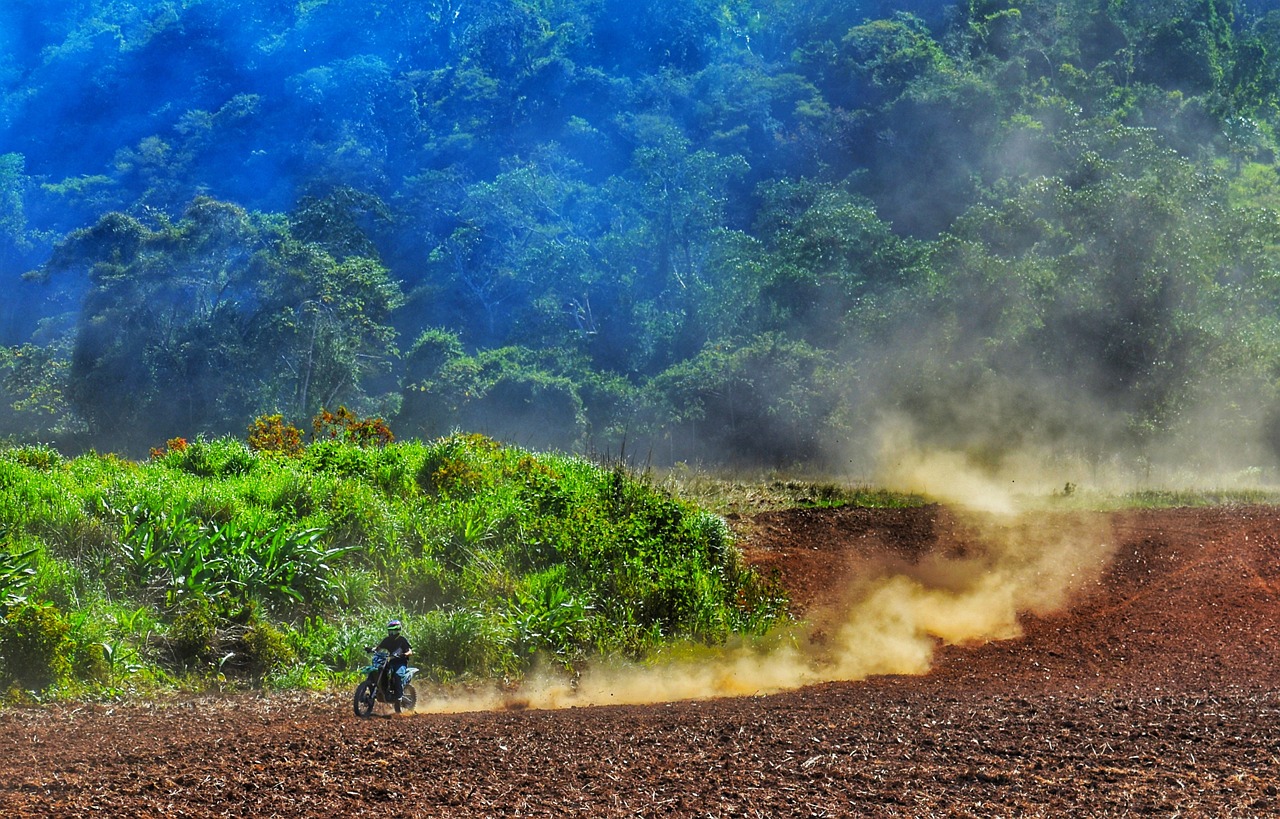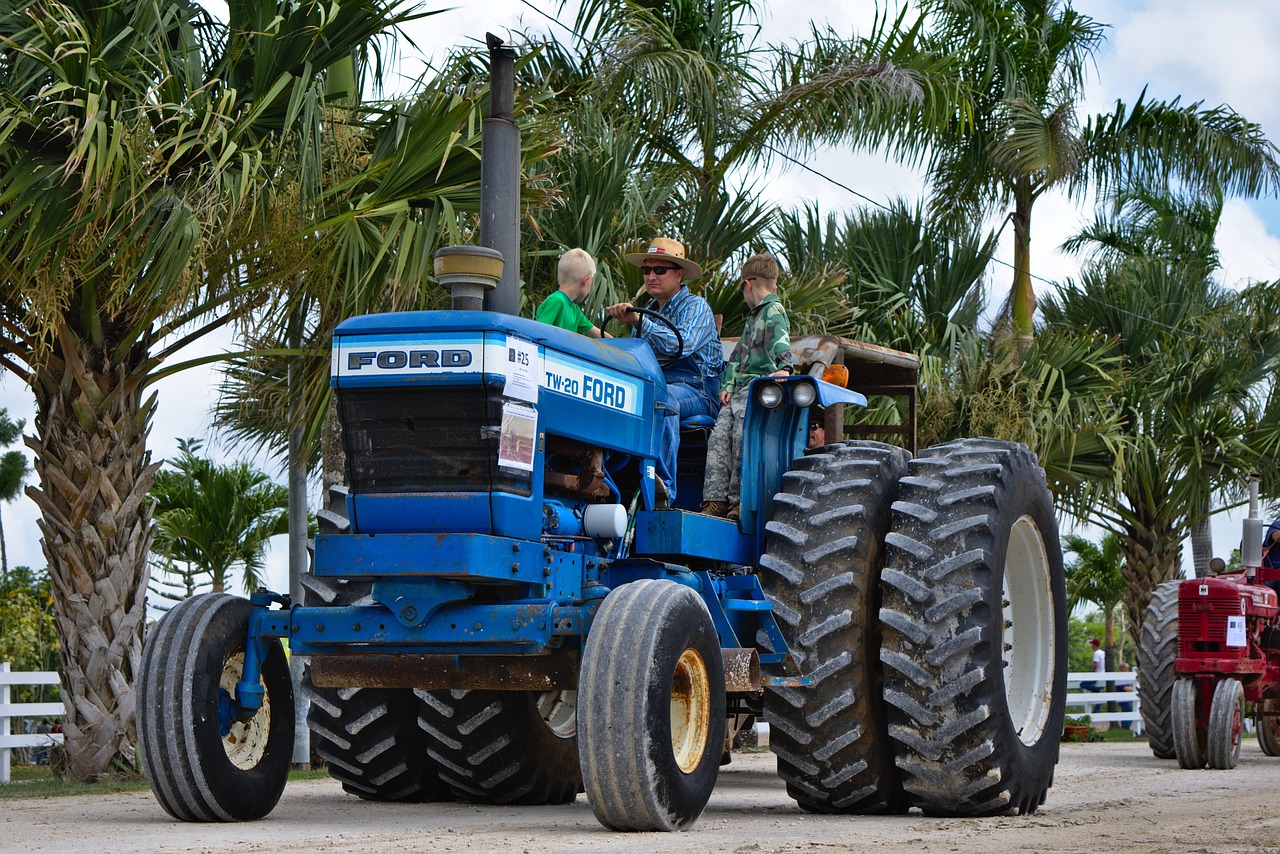Belize Video
Retaining Productivity: Facing Common Challenges in Belize
Belize, located on the northeastern coast of Central America, is a country known for its rich cultural heritage, stunning natural beauty, and vibrant economy. However, like any other nation, Belize faces various challenges when it comes to retaining productivity. In this article, we will explore some of the common challenges faced by individuals and organizations in Belize and discuss strategies to overcome them.
Section 1: Infrastructure Development
Infrastructure development plays a crucial role in enhancing productivity in any country. In Belize, the lack of adequate transportation networks, including roads and bridges, can hinder economic growth and limit access to essential services. To address this challenge, the government of Belize has been investing in infrastructure projects, such as the improvement of major highways and the expansion of ports and airports. These initiatives aim to enhance connectivity within the country and facilitate the movement of goods and people.
- Poor road conditions: Many regions in Belize suffer from poor road conditions, which can impede transportation and logistics. The government has been working on road maintenance programs to improve the quality of roads and ensure smoother travel.
- Limited access to reliable public transportation: In some areas of Belize, public transportation options are limited, making it challenging for individuals to commute to work or access essential services. Efforts are being made to expand public transportation networks and improve their reliability.
- Inadequate bridges and water crossings: Some areas in Belize lack adequate bridges and water crossings, making it difficult for residents to access certain regions during the rainy season. The government has been actively constructing new bridges and improving existing ones to address this issue.

Section 2: Education and Workforce Development
A well-educated and skilled workforce is vital for a productive economy. In Belize, there are challenges related to education and workforce development that need to be addressed to retain productivity.
- Limited access to quality education: Some regions in Belize lack access to quality education, which can hinder the development of a skilled workforce. Efforts are being made to improve educational infrastructure and provide equal opportunities for all students.
- Skills gap: There is a mismatch between the skills demanded by the job market and the skills possessed by the workforce. To bridge this gap, vocational and technical training programs are being implemented to equip individuals with the necessary skills for employment.
- Brain drain: Belize faces the challenge of “brain drain” where highly skilled individuals leave the country in search of better opportunities abroad. Encouraging entrepreneurship and creating a supportive business environment can help retain talent and boost productivity.
Section 3: Access to Finance and Business Support
Access to finance and business support services is crucial for the growth and sustainability of businesses in Belize. However, there are challenges that need to be addressed to ensure a conducive environment for entrepreneurship.
- Limited access to capital: Many small and medium-sized enterprises (SMEs) in Belize struggle to access capital for business expansion or startup ventures. The government and financial institutions are working together to provide easier access to loans and financial support for SMEs.
- Lack of business support services: Small businesses often require guidance and support in areas such as marketing, accounting, and legal compliance. Initiatives are being implemented to provide business development services and mentorship programs to entrepreneurs.
- Inefficient bureaucracy: Cumbersome bureaucratic processes can hinder the ease of doing business in Belize. Efforts are being made to streamline administrative procedures and reduce red tape to foster a more business-friendly environment.
Section 4: Environmental Sustainability
Belize is renowned for its pristine natural environment, including its barrier reef system and lush rainforests. However, maintaining environmental sustainability is crucial to retain productivity and preserve the country’s natural heritage.
- Deforestation: Unregulated logging and deforestation pose a threat to Belize’s forests and biodiversity. The government has implemented stricter regulations and initiatives for sustainable forestry practices to protect the country’s natural resources.
- Marine pollution: Pollution from various sources, including improper waste management and offshore oil exploration, can negatively impact Belize’s marine ecosystems. Efforts are being made to raise awareness about the importance of marine conservation and implement stricter regulations to prevent pollution.
- Climate change: Belize is vulnerable to the impacts of climate change, including rising sea levels and extreme weather events. The government is actively involved in climate change mitigation and adaptation strategies to protect the country’s infrastructure and natural resources.
Section 5: Healthcare and Well-being
The well-being of individuals is essential for maintaining productivity in any society. In Belize, there are challenges related to healthcare and well-being that need to be addressed.
- Healthcare accessibility: Some rural areas in Belize lack access to quality healthcare services, leading to disparities in healthcare outcomes. The government is working on improving healthcare infrastructure and increasing the availability of healthcare professionals in underserved areas.
- Non-communicable diseases: Chronic diseases, such as diabetes and hypertension, pose a significant health burden in Belize. Public health campaigns and initiatives are being implemented to raise awareness about healthy lifestyles and promote disease prevention.
- Mental health: Mental health issues are often stigmatized and overlooked. Efforts are being made to increase mental health awareness, provide accessible mental health services, and promote overall well-being in Belize.
Section 6: Crime and Security
Maintaining a safe and secure environment is crucial for productivity and economic growth. Belize faces challenges related to crime and security that need to be addressed.
- High crime rates: Belize has faced challenges with high crime rates, particularly in urban areas. The government is implementing various strategies to strengthen law enforcement, enhance community policing, and address the root causes of crime.
- Drug trafficking: Belize’s geographic location makes it vulnerable to drug trafficking activities. Cooperation with international partners and strengthening border control measures are essential to combat drug trafficking and its associated criminal activities.
- Gang violence: Gang-related violence poses a significant challenge to public safety in Belize. Initiatives aimed at youth empowerment, education, and providing alternative opportunities are crucial in addressing the issue of gang violence.
Section 7: Tourism and Economic Diversification
Tourism plays a vital role in Belize’s economy, contributing significantly to employment and foreign exchange earnings. However, there is a need for economic diversification to reduce dependence on the tourism sector and ensure long-term sustainability.
- Seasonal nature of tourism: Belize experiences fluctuations in tourist arrivals due to seasonal patterns. Efforts are being made to diversify tourism offerings, promote off-peak travel, and develop niche markets to attract visitors throughout the year.
- Promotion of other sectors: Economic diversification involves promoting sectors such as agriculture, manufacturing, and services to create a more balanced economy. The government is implementing policies to attract investments and support the growth of non-tourism industries.
- Local community participation: Involving local communities in tourism development and ensuring equitable distribution of benefits can contribute to sustainable economic growth and social well-being.

Section 8: Digital Connectivity
In today’s digital age, access to reliable internet connectivity is crucial for productivity and economic growth. Belize faces challenges related to digital connectivity that need to be addressed.
- Internet affordability: High internet costs can hinder access to digital services and limit opportunities for individuals and businesses. Efforts are being made to improve internet affordability and expand broadband coverage across the country.
- Rural connectivity: Some rural areas in Belize lack access to reliable internet connectivity, limiting opportunities for education, business, and communication. Initiatives are underway to bridge the digital divide and provide equal access to digital resources.
- Digital literacy: Enhancing digital literacy skills is crucial for individuals to fully participate in the digital economy. Educational programs and training initiatives are being implemented to improve digital literacy across all age groups.
Section 9: Energy Security
Ensuring a stable and sustainable energy supply is essential for economic development and productivity. Belize faces challenges related to energy security that need to be addressed.
- Dependence on imported fossil fuels: Belize relies heavily on imported fossil fuels for its energy needs, making it vulnerable to price fluctuations and supply disruptions. The government is promoting renewable energy sources, such as solar and wind, to reduce dependence on imported fuels.
- Energy efficiency: Improving energy efficiency in buildings and industries can help reduce energy consumption and lower costs. Energy efficiency programs and incentives are being implemented to encourage businesses and individuals to adopt energy-saving practices.
- Grid reliability: Ensuring a reliable electricity grid is crucial for businesses and individuals. Investments are being made to improve grid infrastructure and reduce power outages in Belize.
Section 10: Government Transparency and Accountability
Transparency and accountability are essential for good governance and fostering an environment conducive to productivity. Belize faces challenges related to government transparency and accountability that need to be addressed.
- Corruption: Corruption can undermine public trust and hinder economic development. The government is implementing measures to combat corruption, including strengthening anti-corruption institutions and promoting transparency in public procurement processes.
- Access to information: Ensuring access to information is crucial for citizens to hold the government accountable and make informed decisions. Efforts are being made to enhance access to public information and promote transparency in government operations.
- Citizen engagement: Encouraging citizen participation in decision-making processes and creating avenues for feedback and dialogue can contribute to better governance and accountability.
Section 11: Cultural Preservation
Preserving and promoting cultural heritage is essential for maintaining a sense of identity and fostering social cohesion. Belize faces challenges related to cultural preservation that need to be addressed.
- Loss of traditional practices: Globalization and modernization can lead to the erosion of traditional cultural practices. Efforts are being made to document and preserve traditional knowledge and practices through cultural heritage programs and initiatives.
- Tourism impact on local culture: The tourism industry can have both positive and negative impacts on local culture. Promoting sustainable tourism practices that respect and celebrate local traditions and customs is essential for cultural preservation.
- Education and awareness: Educating the younger generation about their cultural heritage and fostering pride in their traditions can contribute to cultural preservation and social well-being.
Section 12: Conclusion
In conclusion, Belize faces various challenges when it comes to retaining productivity. However, with proactive measures and collaborative efforts from the government, private sector, and civil society, these challenges can be overcome. By addressing infrastructure development, education and workforce development, access to finance and business support, environmental sustainability, healthcare and well-being, crime and security, tourism and economic diversification, digital connectivity, energy security, government transparency and accountability, cultural preservation, Belize can pave the way for a more productive and sustainable future.

References
– Belize Tourism Board: www.belizetourismboard.org
– Government of Belize: www.belize.gov.bz
– Belize Chamber of Commerce and Industry: www.belize.org
– Ministry of Education, Youth, Sports and Culture: www.moe.gov.bz
– Ministry of Health: www.health.gov.bz
– United Nations Development Programme in Belize: www.bz.undp.org


